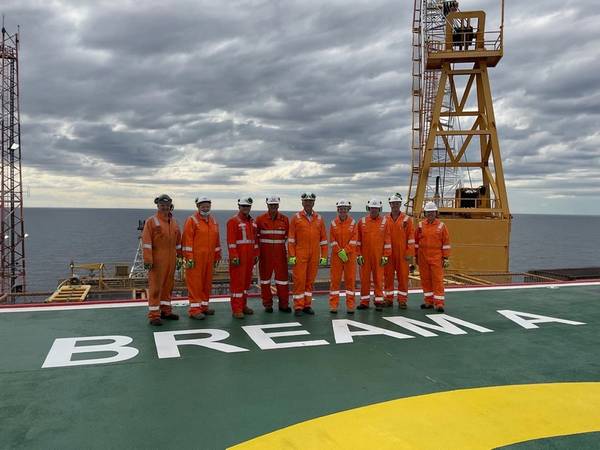
A major oil and gas project could convert and recycle infrastructure for carbon capture utilisation and storage (CCUS), the APPEA 2023 Conference & Exhibition in Australia was told on Thursday.
ExxonMobil CCS Facilities Engineering Lead Alan Black told delegates that ExxonMobil’s South-East Australian Carbon Capture Utilisation and Storage (SEA CCUS) project is investigating the storage potential of Bass Strait’s depleted oil and gas reservoirs and suitability of the Gippsland Basin Joint Venture’s (GBJV) existing infrastructure.
“A global challenge exists to rapidly decarbonise, and the Gippsland Basin is a prime location to support the storage of large quantities of CO2,” Black said, citing the Bream field, which ceased production in 2020. “Normally this would put the platform and associated infrastructure on the path to decommissioning and removal. Instead with CCS, Bream will continue to have a bright future storing CO2 supplied via the re-purposed export pipeline.
“With considerable existing reservoir knowledge including storage experience Bream provides an ideal candidate to support rapid CCS deployment.”
Australian Petroleum Production & Exploration Association (APPEA) Chief Executive Samantha McCulloch, who recently toured the platform, said the investigation showed how the oil and gas industry was critical to progressing emissions reduction technologies like CCUS for net zero.
“Our industry has the expertise and infrastructure to transform the way Australia’s economy operates in a cleaner energy future,” she said. “CCUS is gaining unprecedented momentum worldwide, and Australia must realise the race is on to create a regulatory and investment environment that can position our country for a cleaner energy future and seize its economic opportunities.
“We are calling for a national CCUS road map to provide policy direction and incentivise investment, progress carbon management hubs and promote Australia as a regional storage leader.”
Earlier, S&P Global Commodity Insights Executive Director, Asia Pacific Upstream, Antonio Dimabuyu today told delegates that the sector was uniquely placed to enable CCUS, which has been recognised by the International Energy Agency (IEA) and Intergovernmental Panel on Climate Change (IPCC) as a tool required to get to net zero by 2050.
“Oil and gas companies lead CCUS deployment activity in APAC as they leverage technical capabilities, major capital project execution experience, ability to manage risk over long business cycles, and commercial market making skills gained from hydrocarbon development,” he said.
Dimabuyu said development of regional CCUS hubs was the next stage for the APAC region as was occurring in Europe, but cost remained the main barrier.
“Cost reduction efforts through better project management, collaboration to established shared facilities and utilising technology would be enablers,” he said. “Countries would also be required to provide incentives and strengthen regulatory and legal framework to stimulate CCS.”